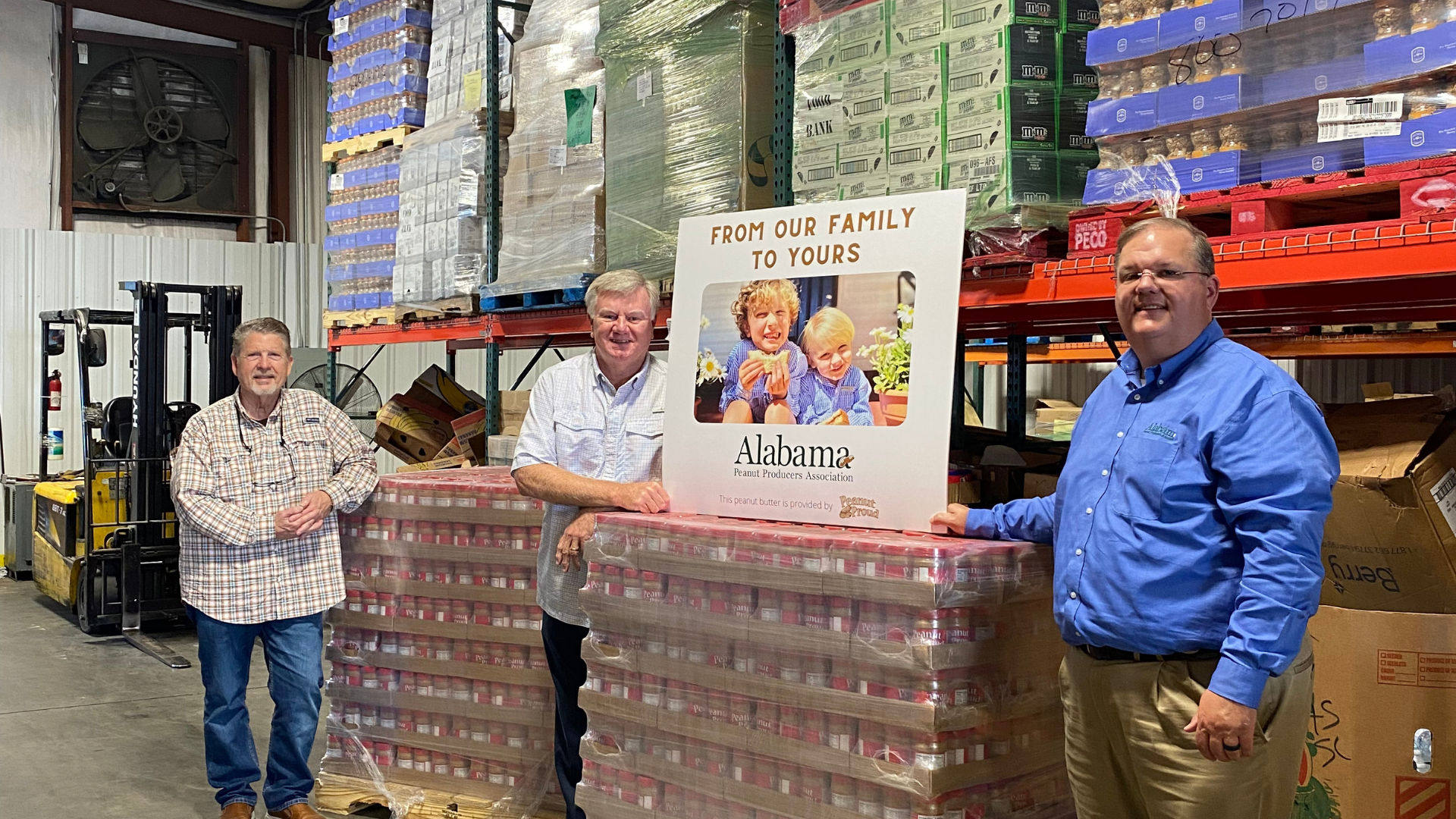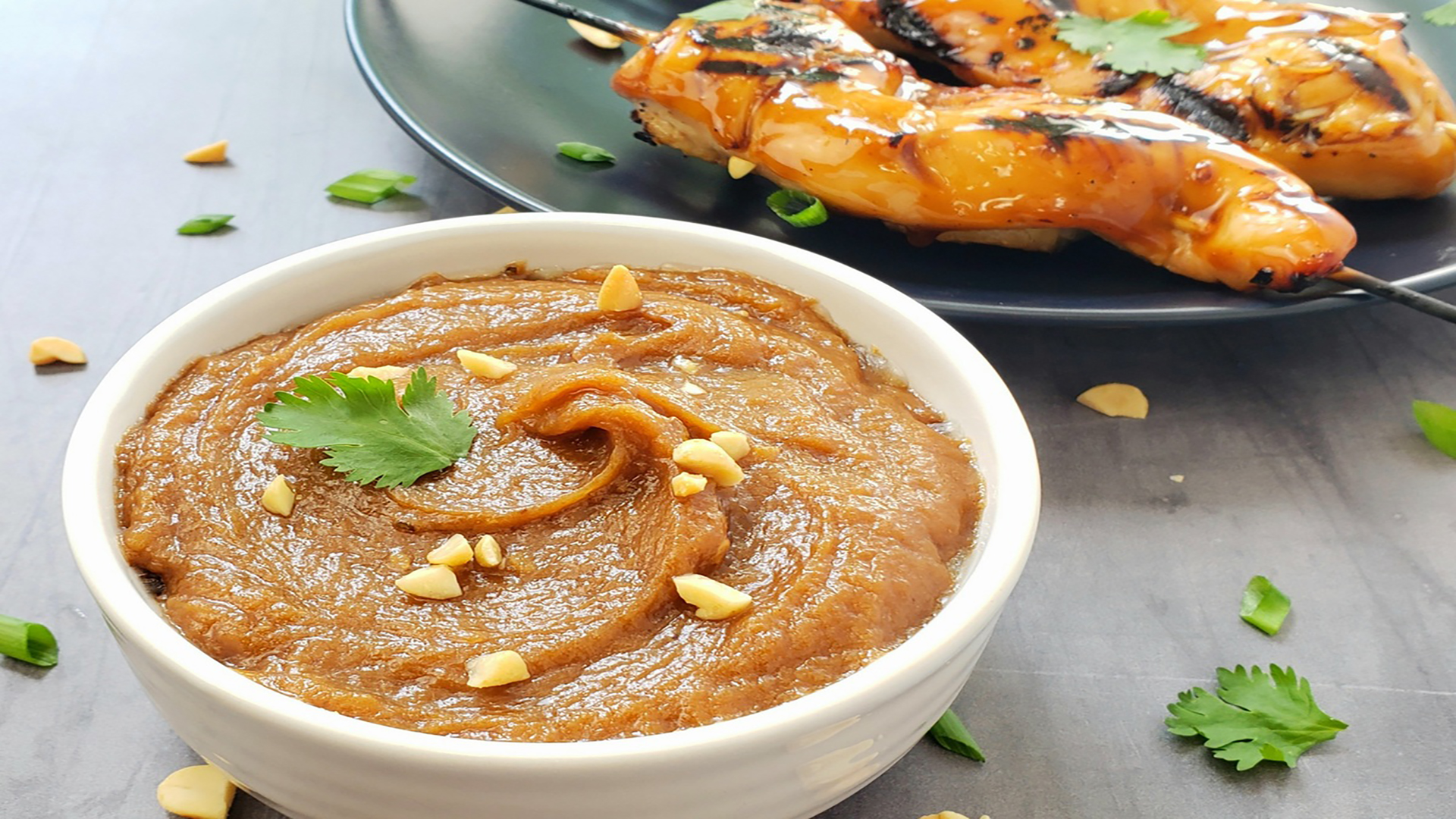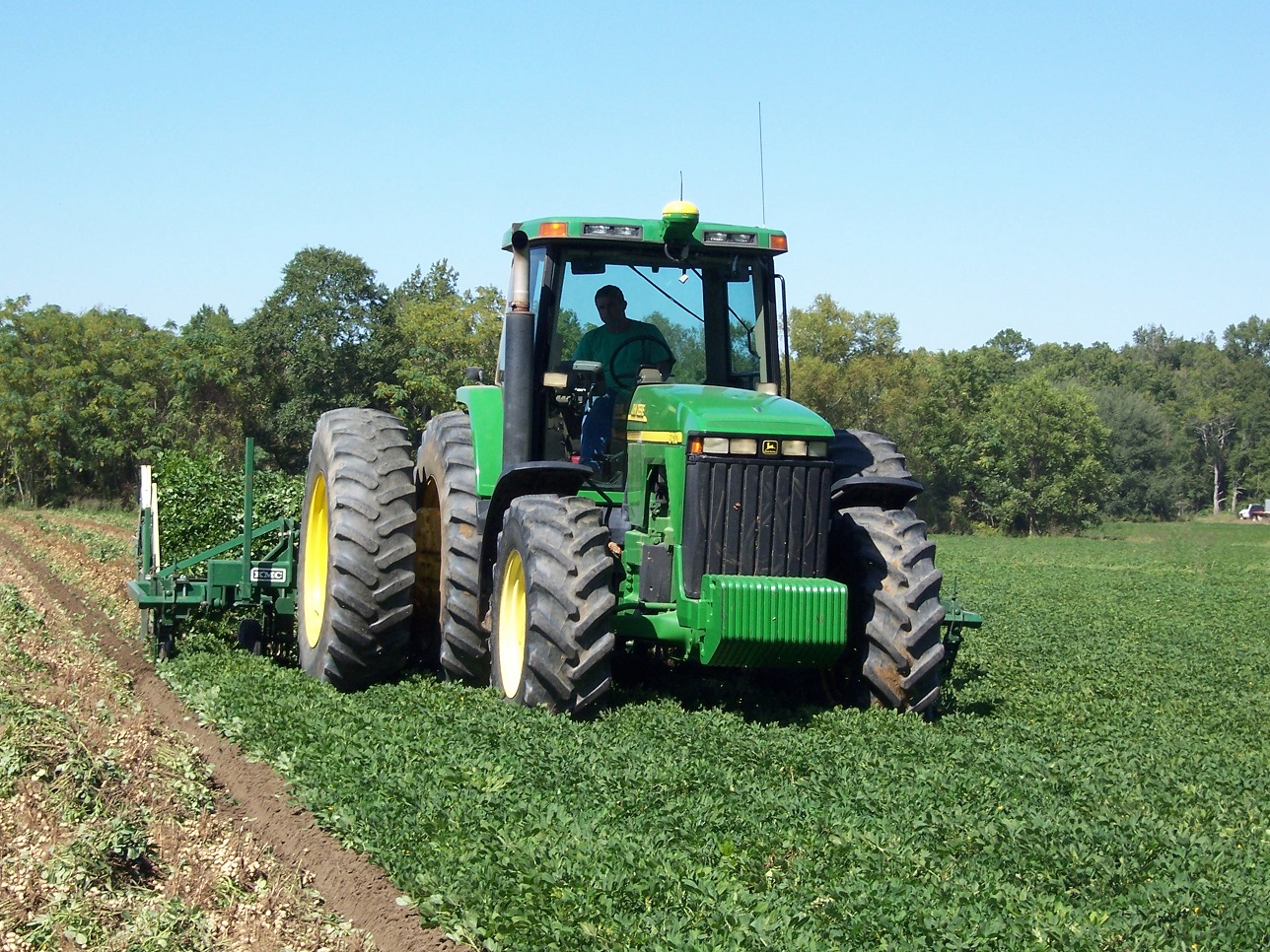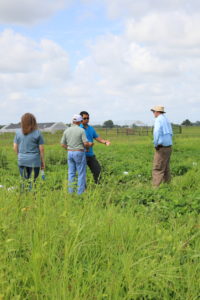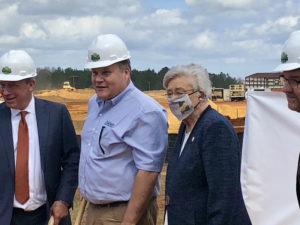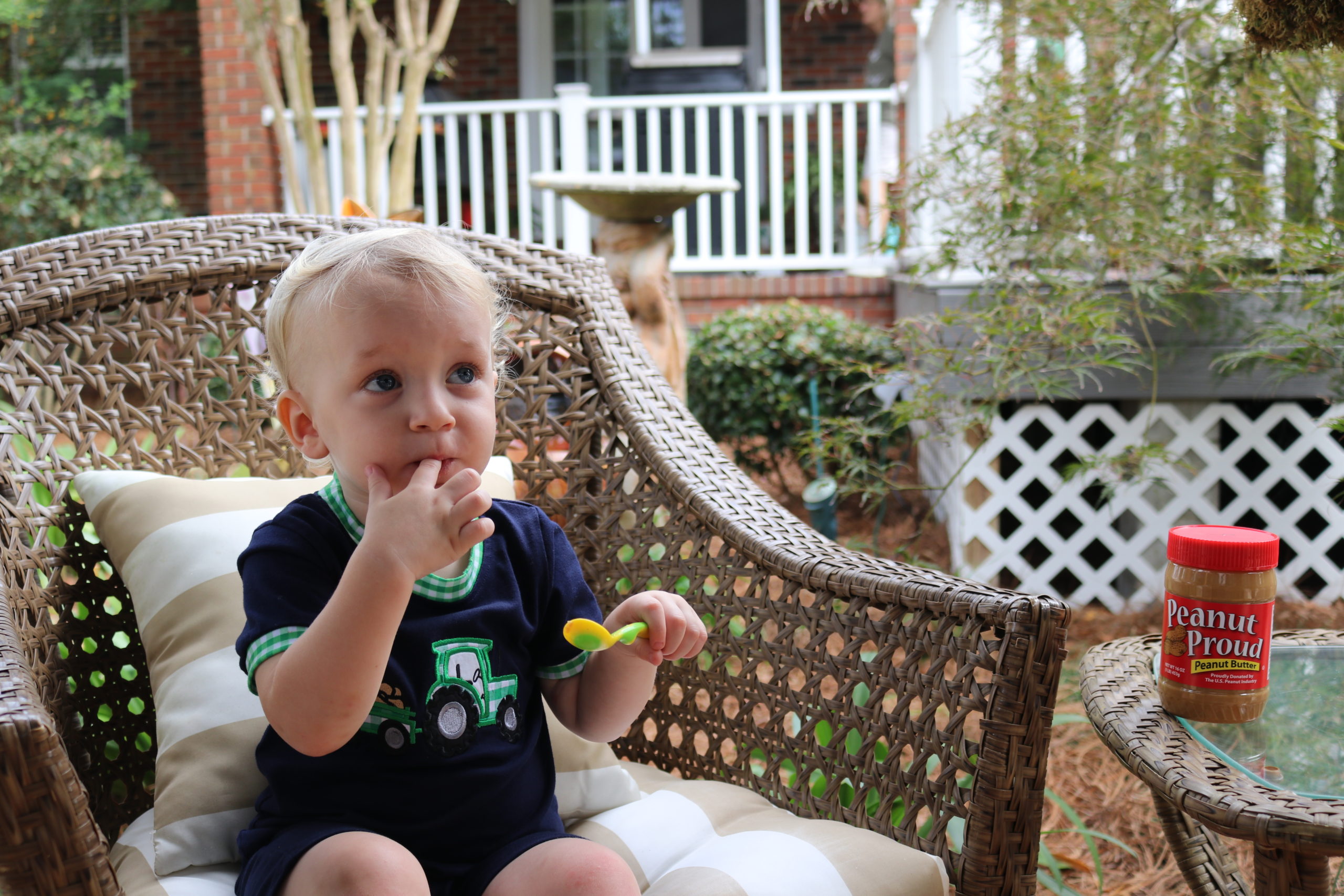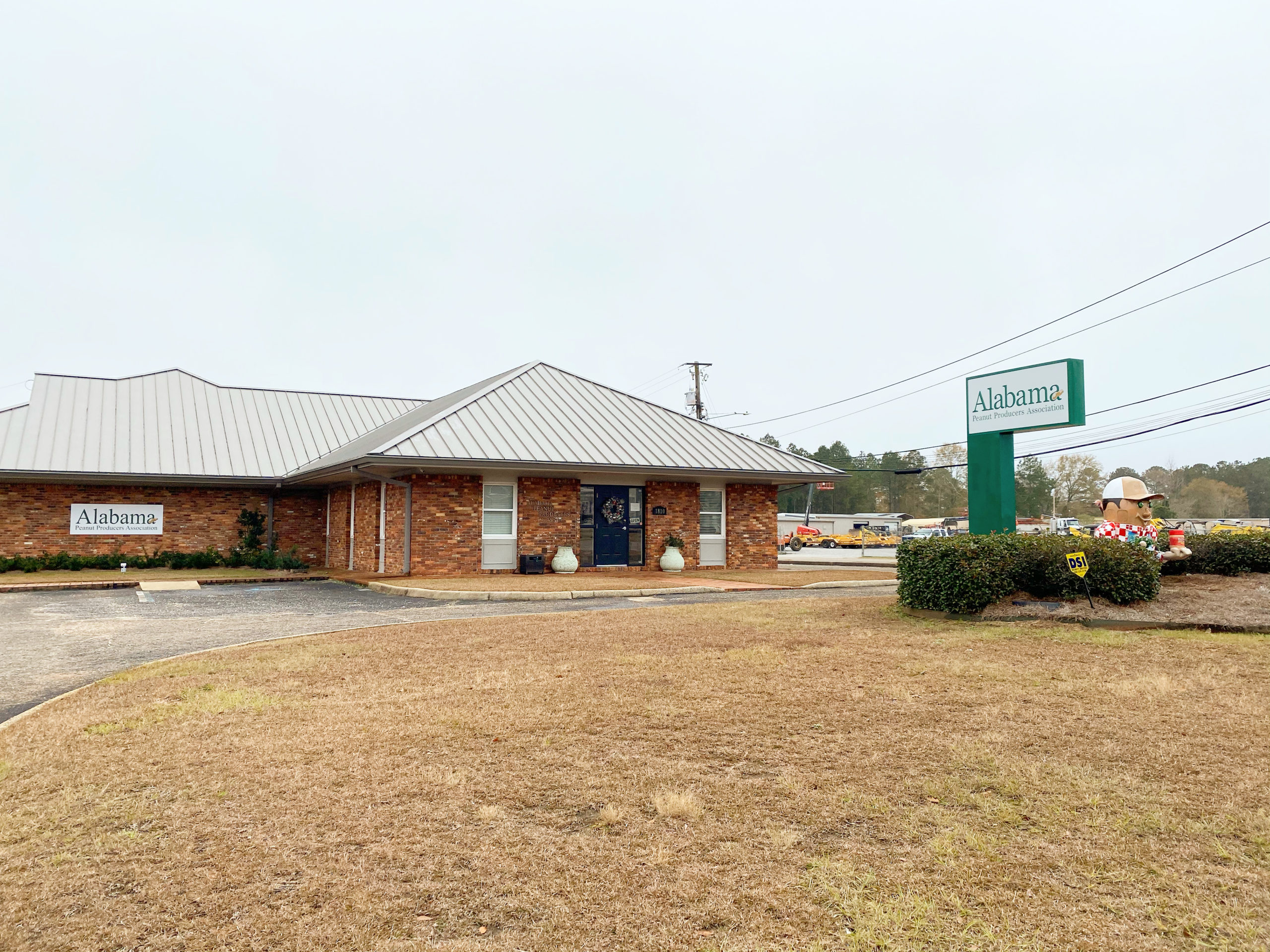Peanut Butter Donation to Kick off Dream Big Food Drive
The Alabama Peanut Producers (APPA) and the National Peanut Festival (NPF) are kicking off the Wiregrass Area Food Bank’s “Dream Big Food Drive” by donating 2,880 jars of Peanut Proud peanut butter.
The Wiregrass Area Food Bank is hosting the “Dream Big Food Drive” Wednesday, November 10 at the National Peanut Festival. On this night participants can bring a minimum of three cans of food or one jar of peanut butter and receive $3 off gate admission and $5 off ride armband.
APPA and NPF teamed up to donate 1,440 jars each to the “Dream Big Food Drive.” Peanut butter is an ideal way to get safe, nutritious food to those suddenly affected by food insecurity because it is shelf stable and requires no refrigeration.
David Hanks, executive director of the Wiregrass Area Food Bank says, “We are so thankful for this donation of peanut butter because it is one of the most requested items. It is a shelf stable protein that is hard to come by in food banking. This donation will go a long way to spread joy to families in the Wiregrass. There are approximately 47,720 people in the Wiregrass who are food insecure. Food insecure means that they do not know where their next meal will come from.”
“On behalf of the over 900 peanut farm families, we are proud to be able to support those who are food insecure in this area,” says Jacob Davis, executive director of APPA. “Recent figures from the National Peanut Board states annual peanut product consumption is at an all time high of 7.9 pounds per capita. The perfectly, powerful peanut is delicious and nutritious plant protein for society.”
APPA represents the peanut producers in Alabama through research, education, advocacy and promotion. In 2010, Peanut Proud, Inc. was established as a non-profit organization with the main goal of “uniting the peanut community by celebrating its pride through humanitarian efforts and the recognition of excellence.”

